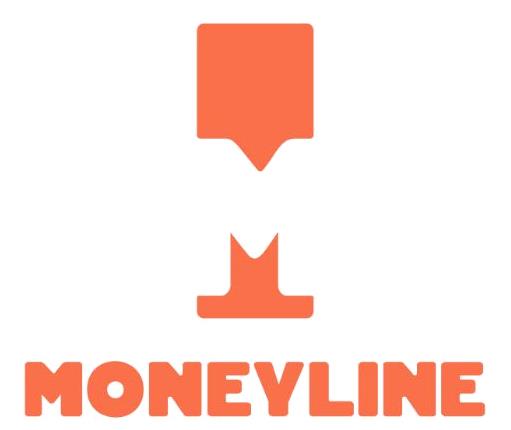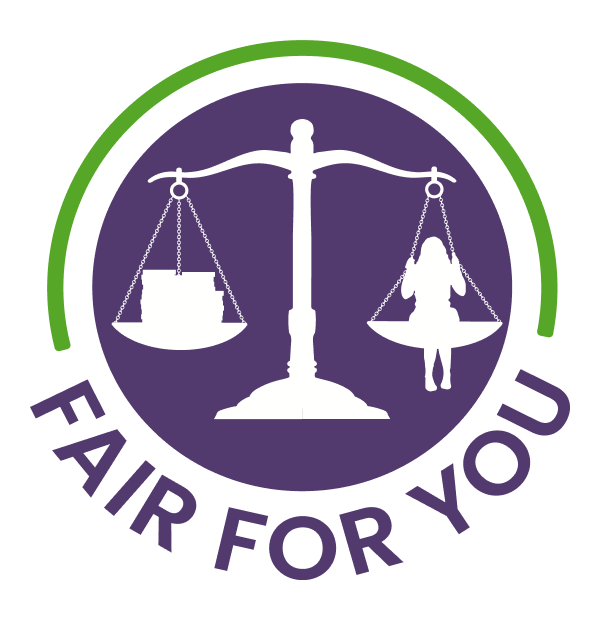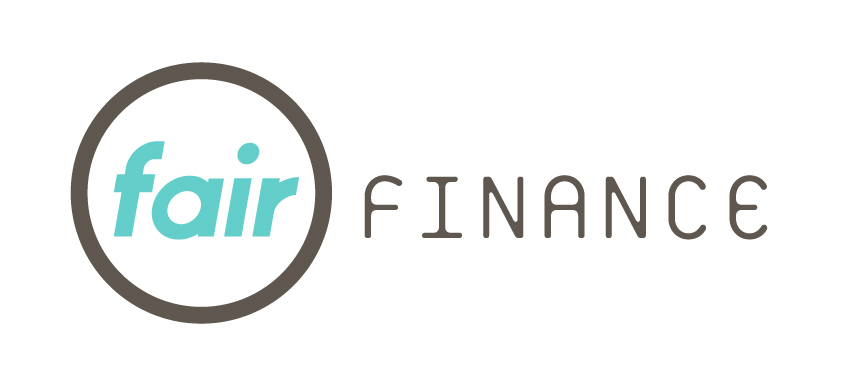- Skip to primary navigation
- Skip to main content
- Skip to primary sidebar
- Skip to secondary sidebar
- Skip to footer
NatWest Group's investment in strengthening personal lending CDFIs


“This project has enhanced the resilience of Adage Credit and facilitated the provision of financial services to a greater number of financially excluded individuals, particularly those from underserved ethnic minority communities who are not accessible through mainstream financial institutions.”
Adage Credit.
Between 2023 and 2024, Responsible Finance made grants of over £400,000 in five personal lending Community Development Finance Institutions (CDFIs) with funding provided by NatWest Group. The funding aimed to foster innovation, improve outcomes for customers, and enhance CDFIs’ capacity over the long term.
This initiative was part of a £900,000 funding package for Responsible Finance through NatWest Group’s hardship programme, designed to provide cost of living support to households through its partners. It complements the Hardship Grant Programme, which enabled CDFIs to distribute no-strings-attached grants to 4,000 individuals who had applied for loans but were unable to afford borrowing.
CDFIs have a long history of helping financially excluded and vulnerable people. They operate for social purpose, not profit, providing fair and affordable loans to those unable to access credit from banks and other traditional lenders.
Small sums of money make a huge difference to both CDFIs and their customers. Here we show how NatWest Group worked with Responsible Finance, helping five CDFIs to become even stronger and more effective in addressing financial exclusion.
How did CDFIs use the funding?
The five projects spanned three priorities:
- Improving outcomes for customers
- Giving more support to declined applicants
- Serving more people through digitisation and marketing
What was the impact on CDFIs and their customers?
“Our customers are engaging with us more to make loan repayments and take product holidays through the app rather than phoning us. Our existing customers have increased confidence in the app and use more of its functionality.
“We have increased digital engagement from enquiring customers and have used our learnings to create online videos to support this process.
“We have developed new customer personas and this has helped us to better serve two specific customer groups from a digital perspective.
“We also used our learnings from the digital inclusion team to help us with our bespoke signposting ‘MoneyToolkit’, providing support for customers where a loan is not the answer.”
Moneyline.

1. Improving outcomes for customers
The programme supported CDFIs in enhancing customer engagement and financial wellbeing:
Increasing digital engagement:
One CDFI introduced new ‘Digital Inclusion Coaches’ to support digitally excluded customers with online engagement and use of their app. This led to:
- An almost 30% increase in customers completing loan applications for essential affordable credit.
- A 61% rise in app usage.
- Improved operational efficiency, with more customers requesting payment holidays online rather than manually over the phone.
Strengthening communications:
One CDFI worked with a behaviour change communications agency to understand how to encourage its customers to turn towards them during times of hardship, rather than away. The targeted messaging improvements:
- Increased its engagement with customers experiencing payment difficulty by 160%.
- Enabled a 35% increase in those who would otherwise be behind on their payments entering a new payment plan more suited to their financial situation.
Promoting financial resilience:
One CDFI rolled out an app for approved customers to further strengthen their financial health and resilience, with incentives for engaging:
- The app now has 2,288 users who have taken nearly 12,000 financial health lessons.

“An increase in customer engagement following the development of the collections communication strategy will lead to future improvements in collections efficiency, in turn increasing customer repayment rates, sustainability and, ultimately, allow Fair for You to support more customers by accessing higher risk cohorts.”
Fair for You.
2. Giving more support to declined applicants
CDFIs used the funding to enhance their offerings for customers who did not qualify for loans, reducing the risk of worsening financial situations:
Innovative tools for financial insight:
One CDFI was able to significantly improve its support for declined customers by developing a service which gave them:
- Spending insights using open banking data to highlight what impacts eligibility and affordability.
- Reminders to prompt customers to claim outstanding benefits.
- Ongoing relevant discounts using open banking data.
- A CCJ checker to enable customers to quickly check the existence and status of any CCJs.
Tailored support:
One CDFI has supported over 1,000 of its declined customers through its Money Toolkit. This helps to reduce reliance on overwhelmed debt charities by enabling them to find tailored support including for utility bills, local food banks and free debt advice.
“The grant from NatWest has enabled us to invest in and significantly improve our Money Mind product for declined customers, with the aim of decreasing the likelihood that declined customers would pursue a worse option by getting the right kind of support. We also wanted to increase the likelihood that declined customers would come back to Salad Money with improved financial standing and be eligible for a loan.
“This service, now re-branded as ‘Club Salad’ and due for full roll-out in winter 2024, provides a one-stop which helps customers to understand the reasons they have been declined and take positive actions to improve financial resilience.”
Salad Money.

3. Serving more people through digitisation and marketing
The programme enabled CDFIs to expand their reach and increase efficiency through digital transformation and improving customer insights.
Digital transformation:
One CDFI saw a 6,400% growth in online applications following its digital transformation, significantly increasing access to affordable credit.
Increasing effectiveness of marketing:
One CDFI worked with a specialist market research firm to conduct in-depth research of both existing and potential customers. The aim was to widen its understanding and establish meaningful ways of reaching customers across the national population who could benefit from better access to affordable credit. The research identified opportunities for more effective customer targeting and retention, which will reduce costs while increasing impact.

“In a period of three years following the early days of Covid, Fair Finance moved from a mainly retail organisation to an online one. This changed the way people heard about us, from word of mouth and local marketing to increasingly using digital channels. Covid and the cost-of-living crisis also changed the type of customer coming to Fair Finance and more importantly, their needs.
“The funding allowed us to understand much more about our current customers and their needs, so that we can serve them better, and how to target the individuals that Fair Finance can best help.”
Fair Finance.
Summary
The NatWest-funded programme has significantly enhanced CDFIs’ capacity to support financially vulnerable individuals. By introducing digital tools, improving communications, and focusing in on declined customers, CDFIs have increased customer engagement and operational efficiencies, enabling broader access to affordable credit. Learnings from across the programme have been shared among CDFIs, further broadening its positive impact.
We are hugely grateful to the NatWest Group for all its continued support for the CDFI sector.
CDFI delivery partners





Responsible Finance is the trading name of the Community Development Finance Association (CDFA). The Community Development Finance Association (CDFA) is authorised and regulated by the Financial Conduct Authority with Firm Reference Number 1005502. Company number 04111603
